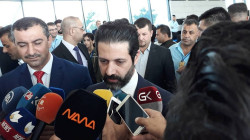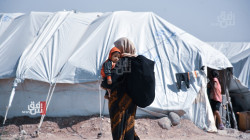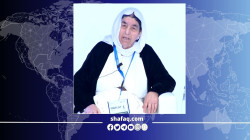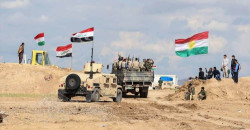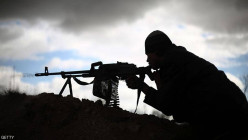Holding the “Swords of Justice,” Iraq continues fight against ISIS
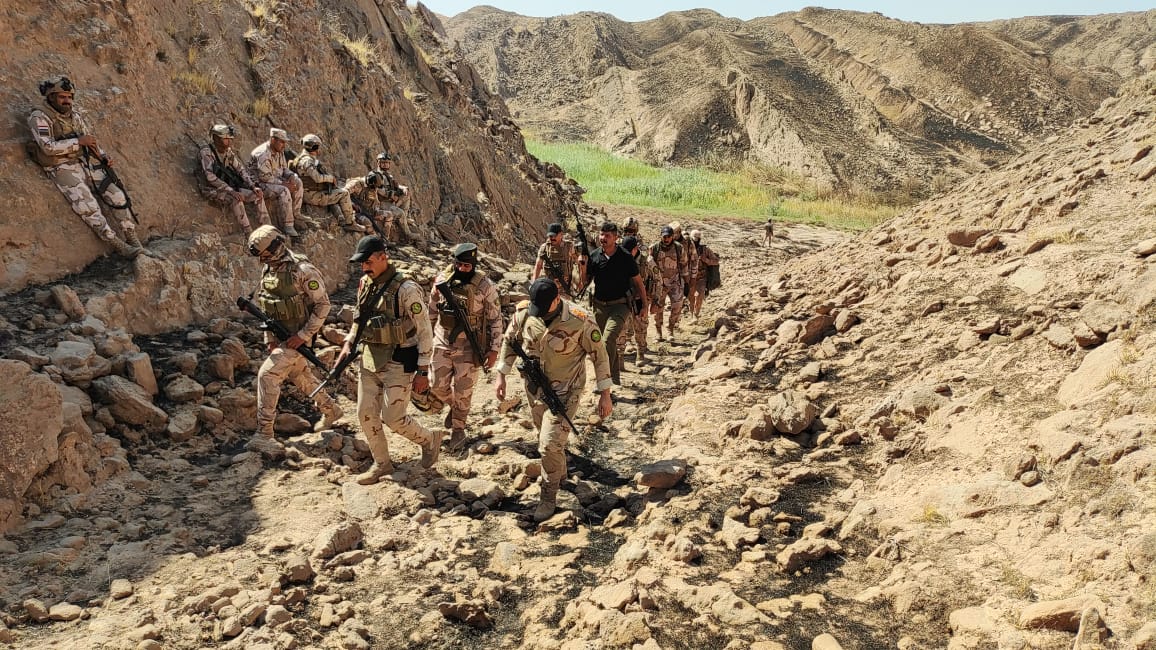
Shafaq News/ Security forces in northern and eastern Iraq are striving to eliminate the remaining pockets of ISIS, whose elements are scattered in rugged and semi-mountainous areas, particularly those between the governorates of Kirkuk and Saladin, extending towards Diyala governorate.
Where Is ISIS Hidden?
The prolonged conflict with ISIS has had severe impacts, including mass displacement, loss of life, and destruction of infrastructure. Despite its defeat in 2017, the terrorist organization still has remnants in Iraq.
Some ISIS pockets are active in the valleys of the Daqouq district, the Zarga area in the Tuz Khurmatu district, the Zghitoun area in the Rashad subdistrict of Kirkuk, and the border strip between Saladin and Diyala. These areas are exploited by ISIS elements to sustain their activities, moving intermittently. They also use the rugged border strip between Kirkuk and, specifically, from the Al-Shay Valley towards the Zarga area in Tuz Khurmatu district. This valley is considered a wide area with diverse terrain, including canyons, mountain ranges, and dunes, as well as bodies of water that contribute to making these areas uninhabited, rugged, and difficult for military units to penetrate.
To the northwest, starting from the Mame Mountain range in the Dibis district (70 km northwest of Kirkuk), this strip continues towards the Alton Kopri subdistrict northwest of Kirkuk, connecting to Erbil governorate, the capital of the Kurdistan Region of Iraq, and links with Nineveh governorate. ISIS uses all these locations to move and create security issues, targeting security forces and even civilians.
Kirkuk is a key oil-producing region. Saladin includes the important city of Tikrit due to its strategic location between Baghdad and northern Iraq. Diyala, bordering Iran, has historically been a hotspot for insurgent activities. The rugged terrains and dense cover in these regions make them ideal for guerrilla warfare and hiding spots for ISIS remnants.
Extensive Operations
The Joint Operations Command announced the launch of the seventh phase of the "Swords of Justice" operation.
The Security Media Cell stated that "this operation aligns with the leadership's vision and strategy to pursue the remnants of ISIS terrorist gangs and maintain pressure on their defeated elements as part of the proactive approach adopted by our security forces in various responsibility sectors, preventing the enemy from accessing geographically complex areas."
Major General Tahsin al-Khafaji, the official spokesperson for the Joint Operations Command (JOC), told Shafaq News that "JOC launched extensive security operations in five military commands: West Nineveh, Kirkuk, Saladin, East Saladin, Al-Anbar, and Diyala. This preemptive operation sends a message to ISIS gangs that our military units can execute and strike their hideouts in high temperatures, mountains, and valleys."
He confirmed the operation's complete success, highlighting the destruction of ISIS hideouts, seizure of weapons, and elimination of additional locations.
Al-Khafaji emphasized the military's comprehensive understanding of ISIS's use of mountainous and desert terrain. "The air force and army aviation have played a crucial role," he said, "conducting successful strikes that neutralized numerous ISIS terrorists and destroyed their hideouts in areas surrounding Kirkuk and Saladin."
He also addressed the coordinated efforts between the East Saladin Operations and the Joint Operations Command. "They are working together with Kirkuk and Saladin Operations Command to ensure the security of Kirkuk, Tuz Khurmatu, and eliminate any terrorist activity within these governorates."
Al-Khafaji indicated that "the "Swords of Justice" operation also aims to secure visitors during the holy month of Muharram and those seeking to perform the pilgrimage to Najaf and Karbala. High temperatures and mountainous and plain areas will not be an obstacle for Iraq's heroes, and we will strike ISIS and its pockets at any time and place".
Coordination with the Kurdistan Region
Major General Tahsin al-Khafaji explained that the Joint Operations Command has two special forces brigades formed in coordination with the Ministry of Peshmerga Affairs and affiliated with the Ministry of Defense. Their mission is to "deploy and monitor the weak areas of security between the Region and other areas." This strategic deployment aims to sever ISIS's movement and activities between these regions.
Al-Khafaji noted that military operations include pursuing ISIS, arms dealers, and drug traffickers, and they will not allow anyone to "compromise citizens' security."
Sealing the Gaps
Security expert Ali al-Bayati told Shafaq News that "the Joint Operations Command is working to seal security gaps and cut off ISIS's routes, especially around Kirkuk, including Daqouq district and Tuz Khurmatu district, where there are joint areas between Kirkuk and Saladin like Al-Shay Valley in Daqouq, Zarga Valley, Zghaitoun southwest of Kirkuk, Al-Fatha area in Saladin, and the strip between Saladin and Diyala in the Al-Azim area".
He continued that controlling the Al-Shay Valley in Daqouq and Zarga in Tuz Khurmatu means eliminating any activity of ISIS terrorist groups, which still exploit security-weak areas to target security forces or even civilians.
He confirmed that "redeploying security forces in southern Kirkuk and Tuz Khurmatu towards the border strip between Diyala and Saladin will contribute to eliminating ISIS pockets in all their areas of presence."

